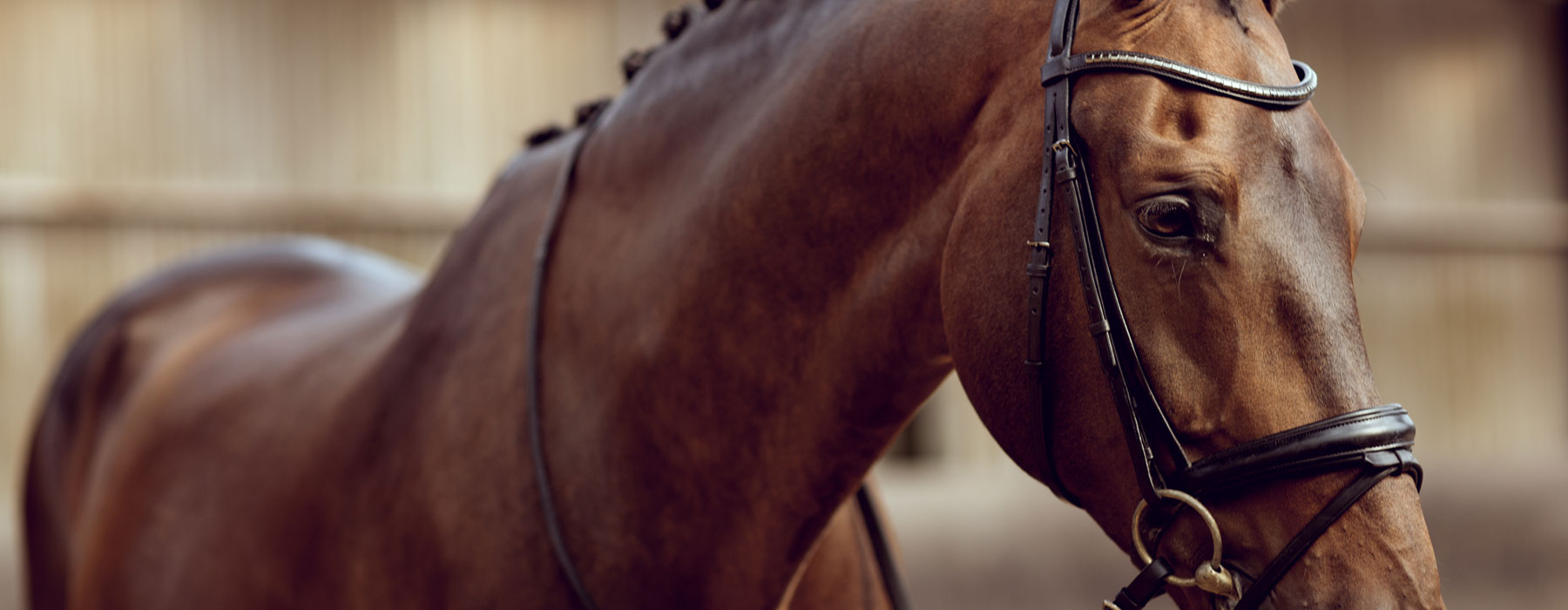The Legalities of Wearing Head Cameras Whilst Horse Riding
In general and subject to the more detailed discussion points in the main body of the text, videoing whilst hacking on your horse in a public place will not be in breach of UK Law. You will not need a permit and the police should not stop you.
It is however important to note that on private property the landowner is entitled to forbid or restrict any filming on their property and you must abide by their rules.
Legal discussion
Civil
The main civil legal issue in public filming would be violating an individual’s right to privacy and the remedies available would be an injunction to stop the filming or damages for the distress/financial loss caused. However as you will note from the below discussion there is very little an individual can do in the civil justice system to stop another individual from filming them in a public place.
Article 8 of the European Convention on Human Rights (incorporated into UK law by the Human Rights Act 1998) provides general protection for a person’s private and family life, home and correspondence from arbitrary interference by the State. This right is subject to certain important restrictions which come with living in a democratic society and importantly has to be balanced against Article 10 of the Convention, Freedom of Expression.
There would be no risk to the videoing equine rider in breaching this Article. Article 8 binds only public bodies and not individuals.
Currently the only civil legal action available is through the doctrine of breach of confidence. A duty of confidence arises when confidential information comes to the knowledge of a person in circumstances where it would be unfair if it were disclosed to others. The HRA 1998 has developed the law on breach of confidence so that it now also applies to private individuals.
English courts will recognise a breach of confidence if the following three things are present:
- The information has “the necessary degree of confidence about it”
- The information was provided in circumstances importing an obligation of confidence
- There was an unauthorised use or disclosure of that information and, at least, the risk of damage
Again for practical purposes, this doctrine is mostly irrelevant for this particular issue as the video/images would have to have been published and the information would have to represent a significant intrusion into an individual’s private life.
Video footage of a hack down a road would unlikely result in any breach of confidence or misuse of private information.
It is important to note that with the rapid development of technology (camera phones, the internet) the legal position is subject to change and there has been a large amount of litigation on this issue specifically involving celebrities and the press.
Criminal
Members of the public and the media do not need a permit to film or photograph in public places and as advised above the police have no power to stop you filming or photographing incidents.
There are only a few specific instances where public videoing could violate UK criminal law. Firstly if you are filming an individual persistently and aggressively it may be deemed as harassment. You must also abide by social norms and public decency. Furthermore it is a criminal offence under the Counter-Terrorism Act 2008 if you are intending publish or communicate a photograph of a constable, a member of the armed forces, or a member of the security services, which could likely to be useful to a person committing or preparing an act of terrorism.
Further Practicalities:
- Do not film children
- Do not film one person for days on end
- Do not film police officers or military personnel and send it to Al Qaeda






